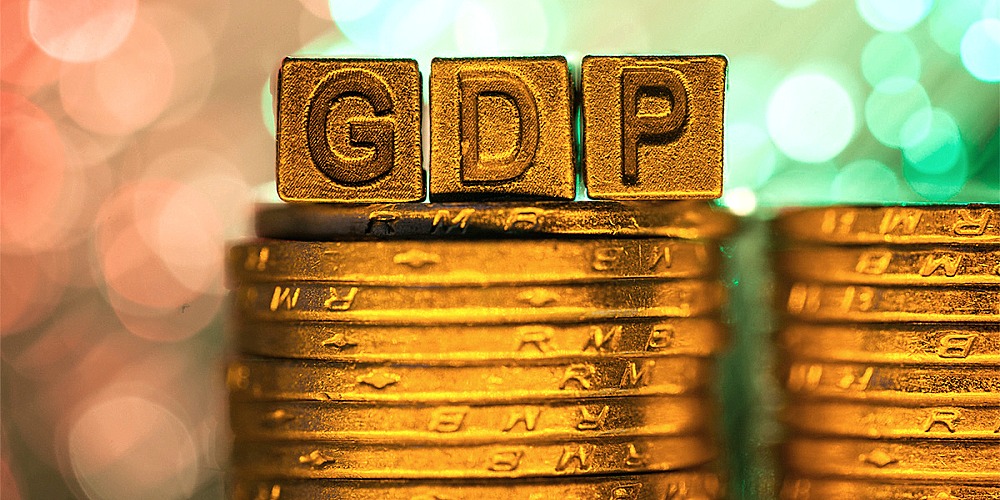A new paper by leading economists Pinelopi Goldberg of Yale University and Tristan Reed of the World Bank which uses trade, capital flow, and immigration to show that there globalization has slowed beginning around 2015, has sparked worldwide debate among policymakers.
It was widely understood that the global economy had become increasingly interconnected over the last century, with rapid globalization trends evident for at least two decades starting in the 1990s.
That the trend continued even through the Covid-19 pandemic, when countries were forced to close their doors and many supply chains were disrupted, had been the broad consensus.
But it can be fairly said it was actually after the global financial crisis of 2007-08 that a more protectionist phase began, one less open to global trade, which is now increasing slower than global GDP.
The Boston Consulting Group in its January 2023 report Protectionism, Pandemic, War, and the Future of Trade iterates that global trade in the coming decade will grow at a slower rate than GDP for the first time in 25 years.
BCG predicts that world trade will grow at a rate of 2.3 per cent per year till 2031, less than the 2.5 per cent projected for global economic growth.
There is also a visible uptick in import substitution policies driven both by geo-economic considerations and digital technology.
In this new phase nestles the risk of deglobalization.
The December 2022 Goldman Sachs report – The Path to 2075: Slower Global Growth, But Convergence Remains Intact – covering 104 countries underlines that two decades of convergence has resulted in a more equal distribution of global incomes, but while income inequality between countries has fallen, income inequality within countries has risen.

This poses a major challenge to the future of globalization. According to The Economist, we have entered the “slobalization” era.
World trade grew from 39 per cent of world GDP in 1990 to 61 per cent in 2008, and fell to 58 per cent by 2019, mostly because of a slowdown in trade from emerging markets.
Cross-border investments are down as are cross-border bank credit flows. The McKinsey 2019 report, Globalization in Transition: the Future of Trade and Value Chains, argued that globalization is in transition rather than faltering.
The 1990s and 2000s saw the expansion of complex value chains spanning the globe.
But production networks are not immutable; they continue to evolve. McKinsey’s central finding was that global value chains have undergone major structural changes over the past decade.
A number of those changes house a digital technology component — services are playing a growing and undervalued role in global value chains, trade based on labor-cost arbitrage is declining in some value chains, and global value chains are growing more knowledge-intensive.
With so much disconnect around the world, the question is: Will deglobalization linger or are we entering a different phase? Is globalization metamorphosing yet again?
There is no clear vision of what the world will look like in the future. And there lies the danger of deglobalization.
ADVERTISEMENT
ADVERTISEMENT








































